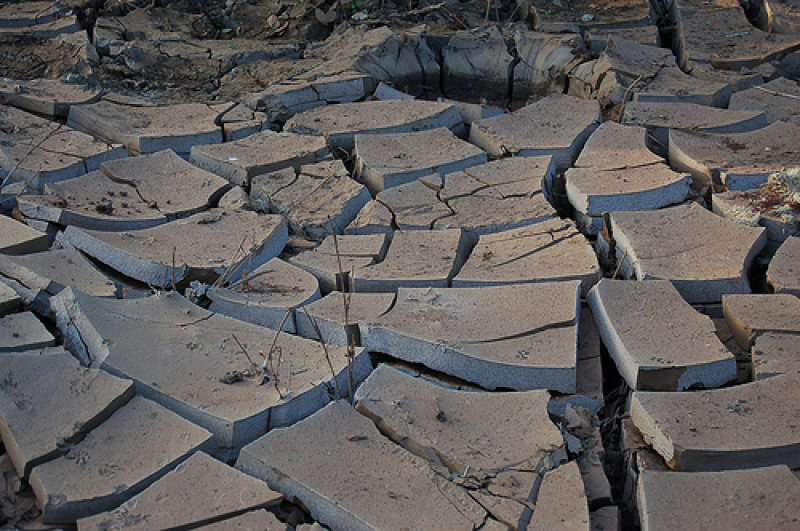
Representatives from various nations have finally reached an agreement during the United Nations (U.N.) climate change summit held in Lima, Peru, The Guardian reported.
On Sunday, all participating nations agreed to do their parts in reducing carbon emission and ultimately reversing the effects of global warming.
The agreement, which features the pledges from various countries, was compiled into a five-page document and named as the Lima Call for Climate Action. This will be presented in the U.N.'s next environmental meeting happening in Paris in 2015. As part of the agreement, the proposed actions will be enacted by 2020.
Based on the agreement, all countries, even developing ones, will do their respective parts in contributing to a global conservation effort. Wealthy countries, such as the United States and China, will be responsible for cutting down their various industries' carbon emissions.
For developing countries, they will begin to use advanced technology that focuses on producing or utilizing clean energy. The funds to develop these technologies will come from more affluent countries.
Sunday was marked as a historical moment as countries with various backgrounds have all agreed to take a proactive approach in combating the effects of climate change.
"I think for the first time ever the world can contemplate a global deal applicable to all and Lima has helped that process," Ed Davey, the energy and climate change secretary of the U.K. said during the conference.
Despite reaching a consensus, some environmental groups noted that the proposals are not sufficient enough to completely stop global warming. In addition, the groups warned that waiting until 2020 might be too late, according to One World.
"This outcome provides nothing meaningful on finance, loss and damage, and pre-2020 action," Harjeet Singh of Lean on Resilience and Climate at ActionAid International said in a joint statement by various groups.
"Any country that has the interests of its people at heart should have rejected this proposal," Singh continued. "We see weak and unjust climate targets from rich industrialized targets and the resut of those will be unimaginable devastation from climate impacts."
"Not increasing the level of action before 2020 means abandoning the goal agreed by all governments to not allow [2 degrees Celsius] of global warming by the end of the century," Attac France's Maxime Combes added.



















